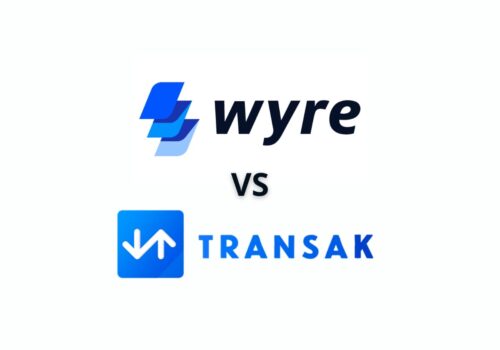Once you begin dealing with cryptocurrency, you are attracted to its risky transactions. You can find scams everywhere online, even on cryptocurrency exchanges. If you think about investing in startup companies or exchange platforms, ensure that you are aware of the risks associated with your cryptocurrency investments.
We will discuss a few common cryptocurrency scams and what you should do if you think you have been scammed.
What Is Cryptocurrency Scam?
Cryptocurrency scams are a form of investment fraud that involves criminals taking advantage of people looking to invest in the new world of digital currencies.
5 Common Cryptocurrency Scams
There are many types of cryptocurrency fraud and scams, including:
- Investment or Business Opportunity Scams
Investment or Business Opportunity Scams involve getting you to visit a website that exploits your information. The offer usually involves investing in cryptocurrencies. After you visit the website, you’re encouraged to invest and start making money right away. It is even possible for a website to display a fake endorsement or testimonial.
After you complete your transaction, you never get to see your money again as the offer was never true.
- Imposter or impersonation cryptocurrency scams
In imposter scams, criminals pretend to be a trusted source to manipulate cryptocurrency users into sending money. Usually, they contact you via email and request payment via cryptocurrency. They may pretend to be government officials, credit card providers, banks, or service providers.
Whenever you receive requests for payments via email, you should be careful. Before completing the transaction, check the website’s security so that you are not being scammed.
- Blackmail or extortion cryptocurrency scams
Extortion or blackmail is a scam in which someone claims to have sensitive information about you – whether it is photos, videos, or other information – and they demand payment or otherwise threaten to release your information.
The problem with cryptocurrency is that it is impossible to reverse the transaction, so scammers use it to request payment. In this case, deleting and contracting authorities would be the best course of action.
- Phishing Cryptocurrency Scams
Phishing scams involve email and money-related requests as well as old-school cyberattacks. These messages are often phishing scams pretending to be from legal sources, which is actually a scam. A phishing cryptocurrency scam involves a false demand for payment that is made using cryptocurrency. It’s even possible that they’re cyber criminals pretending to be cryptocurrency companies all the while disclosing details about their initial coin offerings (ICOs).
- Employment Cryptocurrency Scams
Employment Cryptocurrency scams are just like investment or business opportunity scams, which usually begin with a job offer that leads users to visit a fraudulent website.
To become fully onboarded to a company, users are usually asked to pay for training. Afterward, they are encouraged to pay the training fee, which is never refunded.
Recommended: The Future of Cryptocurrency Explained
How To Prevent Cryptocurrency Scams?
Every day more scams are exposed, and scammers are also becoming more sophisticated. You can help yourself by following these tips:
- Protect Yourself:
- Install an antivirus scanner and keep your operating system, as well as your antivirus, always updated.
- Do not open any link or file you receive from a stranger.
- Write down your private keys and store them somewhere safe: Don’t give them to anyone or leave them where others might find them. Be sure to use as many security features of your exchange as possible (such as an authenticator or phone verification) and create complex passwords.
There’s no guarantee that these measures will completely prevent hacks and scams, but they’ll certainly make that challenge a whole lot harder for them.
- Don’t Panic Don’t Pay: In reality, scammers want your money, and once you pay them, it’s gone. If they threaten you and claim they have your personal information like photos or videos, don’t panic and pay right away. It is regarded as a scam.
- Detecting a Scam: A scam can be easily detected by checking its website. Spelling mistakes are common among scammers since they tend not to speak English as a first language. Authentic sites do not display reviews or certificates to verify their legitimacy. You can find the top results by searching for the website name. A webpage with a privacy statement or another piece of text that appears professional may have copied it from other websites.
- Don’t Be Greedy: A reputable company will not make a promise of guaranteed returns or give you free money. Those who promise to double your money or guarantee a daily percentage are scammers.
Recommended: Best Cryptocurrencies to Mine
How To Report Scammers?
Cryptocurrency fraud is a crime that needs to be reported as soon as possible. To report attempted cryptocurrency fraud in the USA, contact Action Fraud.
- You can report fraud to the Federal Trade Commission at ReportFraud.ftc.gov
- File a complaint with the Commodity Futures Trading Commission (CFTC) at CFTC.gov/complaint
- Report with the U.S. Securities and Exchange Commission (SEC) at sec.gov/tcr




